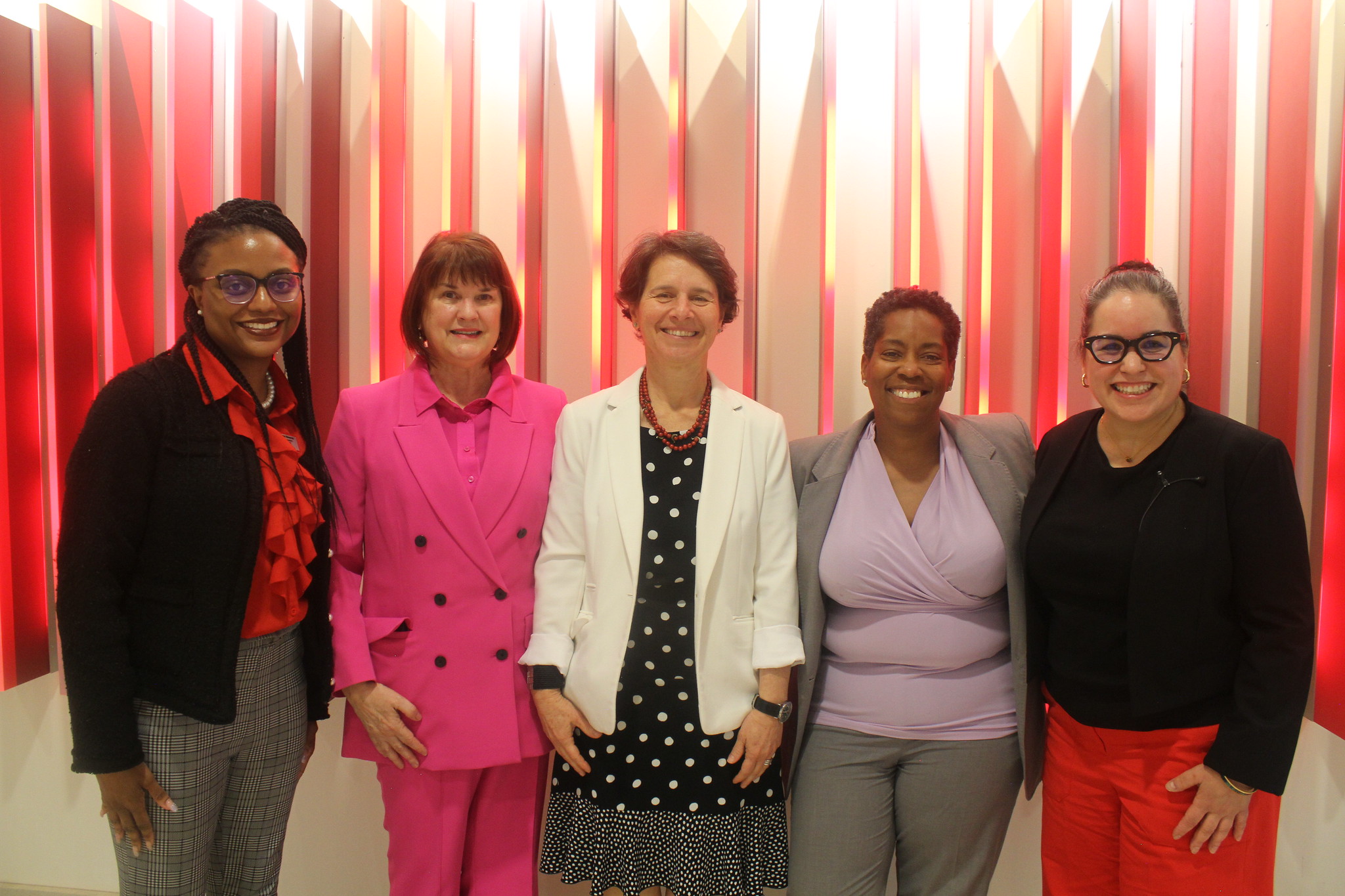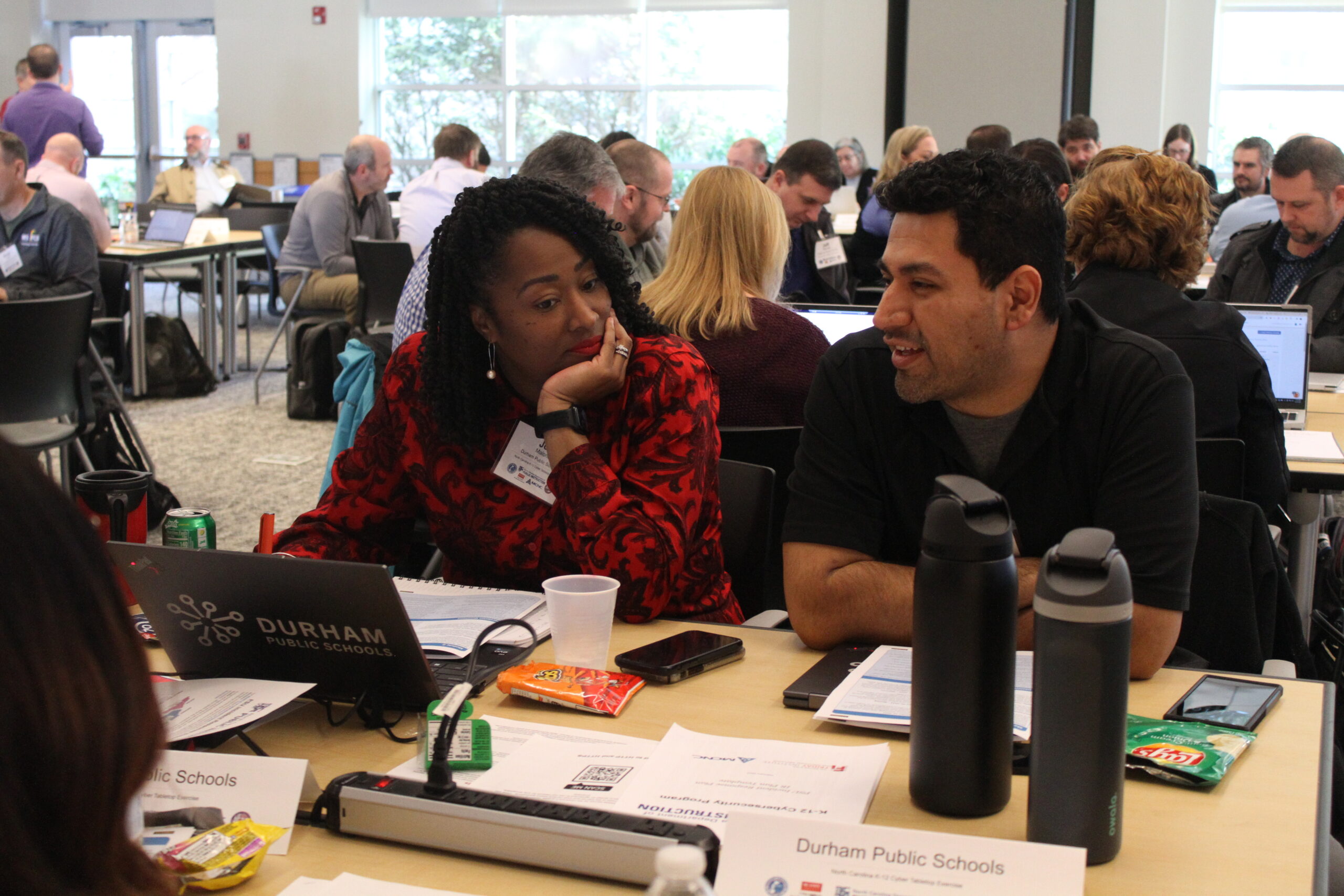International Connections
November 5, 2009 – As our world becomes flatter, global connections and interdependence become increasingly important for economic as well as educational and social prosperity. With unprecedented economic expansion over the last decade, China is rapidly emerging as a leader in the global marketplace. During this time of dynamic change, the US has the opportunity to exchange ideas with Chinese educators about how each country is addressing critical issues related to globalization and education in their country.
This type of thinking, exemplified in Thomas Friedman’s The World is Flat, is what inspired Dr. Hiller Spires to begin working with her Chinese counterparts to explore ways that education experts from both countries could prepare students for work and life in the 21st century. Despite cultural differences between China and the US, the two countries share common concerns, most notably in the area of education. In addition to preparing students for 21st century life and work, these concerns include accelerating second language learning (Chinese and English), and providing continuous education for teachers. Both countries have an interest in re-designing their educational systems to foster creativity and innovation among students and educators.
As Chinese and US educators embrace this challenge, Dr. Spires is interested in how both cultures can pool intellectual and social capital to create forward thinking educational solutions that are mutually beneficial. US partnerships with Chinese teachers and students offer opportunities to share educational best practices as both countries strive to provide students with the necessary skills, knowledge, and dispositions for success in a rapidly changing world.
In 2007, Dr. Spires led a small delegation from the Friday Institute and the College of Education to participate in the US/China Literacy Conference at Beijing Normal University. The group learned about the educational challenges that China faces in terms of the sheer volume of people that need to be educated.
“With 1.3 billion people, China is the most populous country in the world,” says Spires. “To give some perspective to these numbers, China has more children attending school than there are people living in the United States. In addition, both countries face the challenge of harnessing the power of the Internet for educational purposes within schools,” Spires adds.
According to the 2008 report from CNNIC (China Internet Network Information Center), there are about 210 million Internet users in China; the quantity of Chinese Internet users is second only to the US where there are about 215 million Internet users.
“After returning from China, I felt it was important to bring NC educators who are focusing on China together so that we could share ideas,” says Spires.
As a result, in May 2008, the Friday Institute hosted the Summit on US/China Education, partnering with the Confucius Institute, NC State Board of Education, NC Department of Public Instruction, and the Center for International Understanding. The partnering organizations decided to hold the Summit every other year. The second Summit, spearheaded by the NC Department of Public Instruction, is being planned for May 2010.
Spires also created a classroom partnership with Professor Digang Li at Beijing Normal University so that students from both countries could blog about important educational issues that are relevant to both. The experiment has been very successful. Students are interacting with their counterparts half-way around the world and trying to solve problems that are shared by both cultures.
“Such exchange of ideas is valuable both for students in America and China. Different viewpoints brought in by people from different cultural backgrounds can broaden one’s knowledge base,” says Meixun Zheng, a doctoral student from China who is pursuing her Ph.D. in literacy and technology in the College of Education’s Department of Curriculum & Instruction. “Moreover, since most of those students in Beijing Normal University are teacher candidates, knowing their attitudes will enable us to see how they will possibly incorporate media tools and instructional principles in their future classroom.”
Another partnership involved a visiting Chinese scholar, Professor Jun Zhang. Zhang spent six months at the Friday Institute in 2008 and collaborated on several research publications that focused on teachers from China and the US. One study that came out of this collaboration involved having US and Chinese middle grade teachers respond to surveys and participate in focus groups. The data revealed that teachers in both countries are eager to create educational experiences that help students become active global citizens. Both US and Chinese teachers need customized professional development support to make important changes in their instruction that will facilitate new types of educational experiences and learning for the 21st century. The fact that China is interested in creativity and innovation combined with the increased numbers of Chinese who are now attending higher education, creates a dynamic context for change. Likewise, under the current administration, the US is embracing new policies that will dismantle No Child Left Behind and support innovative models of education through the American Recovery and Reinvestment Act (ARRA).
“Teachers from the US and China potentially can learn from each other as they navigate new literacies and technologies and transform education to meet new work and life demands within their respective cultures,” says Spires.
As a result of her international commitment to education, Spires was invited to join the US Steering Committee for the 2008 Global Interactions American/Asian Summit on Global Partnerships that was held in Phoenix. Additionally, she was the keynote speaker at the 2009 World View Symposium in Chapel Hill, where she spoke on New Literacies in a Digital World.
This is a time of dynamic change in the world. The work being done by Dr. Spires and many others at the College of Education and the Friday Institute to exchange ideas and work on common problems around the globe is an important first step. We must continue to address critical issues related to education and focus on how countries, like China, can collaborate with us in the process.
Explore these online resources.
NC State’s Confucius Institute


